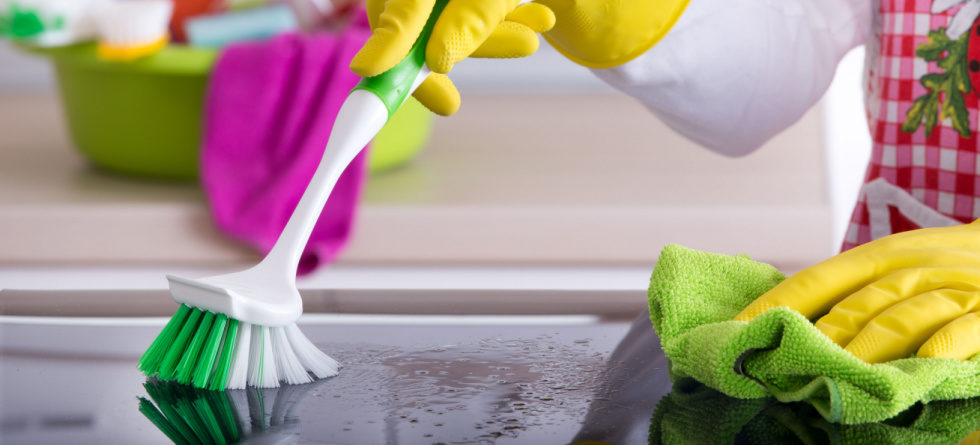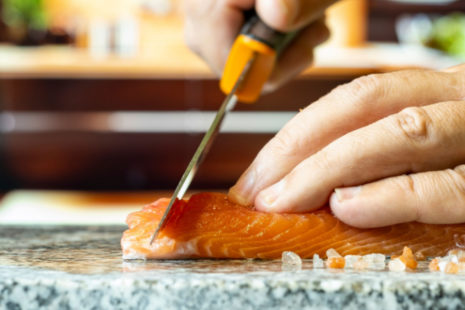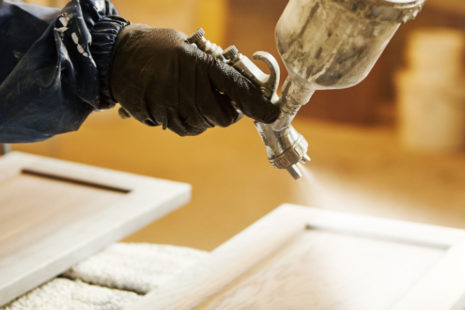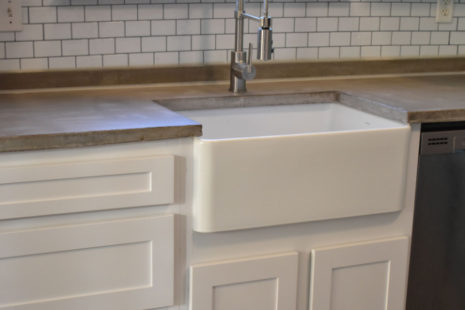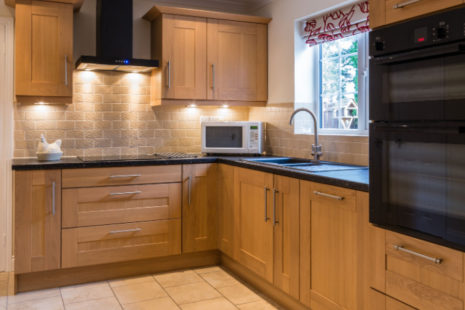The good news is that quartz countertops are generally easy to clean and keep pristine. Thanks to their non-porous surface, they are naturally resistant to easy staining. Yet their finish may become dulled or marred over time with improper practices, cleaning products, or methods. In terms of preventing damage to your quartz countertops, there are four big ones. First, always use a cutting board instead of cutting directly on the countertops (despite being scratch resistant, they can still be damaged) Second, you’ll want to use hot pads on quartz. Quartz is heat resistant up to around 300 degrees Fahrenheit but is susceptible to ‘thermal shock’ if it changes in temperature too quickly.
Third, avoid harsh cleaning agents or abrasive cleaning tools. In general, you can wipe up spills with just soapy water and a wash rag before they become problematic. But if a spill is really stuck on there, you’ll want to use something non-abrasive–like a plastic scraper or putty knife. Avoid using an abrasive sponge on it. Since quality quartz countertops are such a sleek surface, spills will usually come up easily if you just let some soapy water soak into them for a few minutes. Anything with a high pH can dull the shine of the quartz, or even harm the bonds between the natural quartz and the resins of your countertops. That means you’ll want to steer clear of anything with bleach or ammonia. If you take care of your quartz countertops properly, they will last you decades and shine beautifully your whole life.
